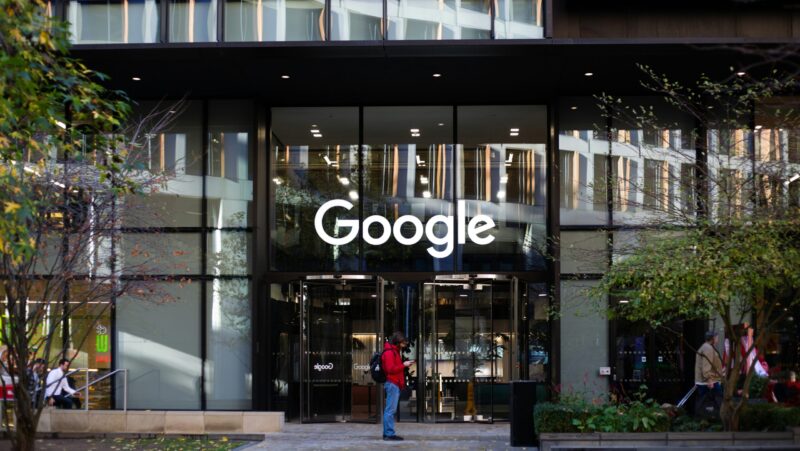Media industry
fromwww.mediaite.com
2 days agoNY Times Publisher: AI Is Using Our Facts Without Paying For Them
Legal enforcement of news organizations' intellectual property is necessary to preserve original reporting and reliable training data for future AI systems.






















